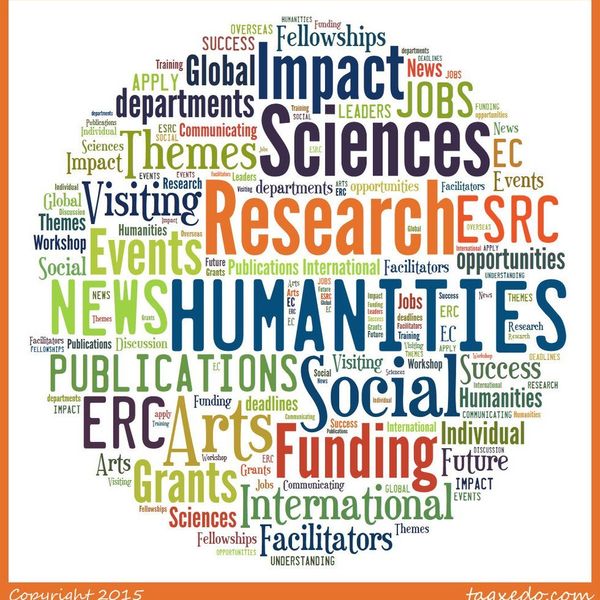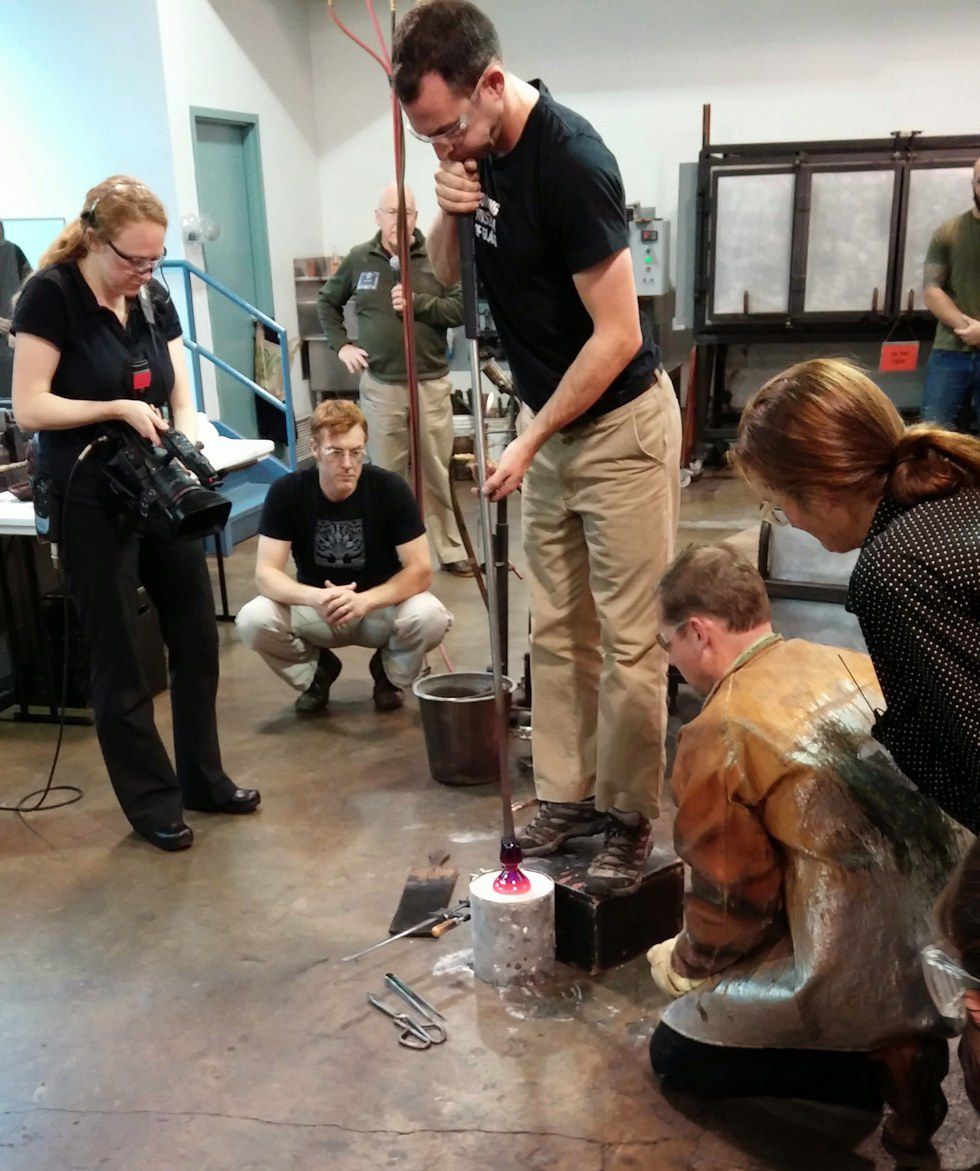I’m a product of the arts and humanities. I think creatively, crave artistic outlets and enjoy debating about history.
My husband is a product of the sciences. He thinks logically, is content to move through life more or less without an artistic outlet and prefers to look only at fact rather than debate theory.
But then again, we have a LOT in common, and our differences only make us work better as a pair. If there’s one big lesson that I’ve learned over my six-year relationship with my husband, it’s that scientists are just as creative as artists and, despite my artistic tendencies, I approach situations with much more organization than my scientific husband. In other words, I don’t think we’re all that different.
So, if a product of the arts and a product of the sciences are so well matched, why are these two subjects so often deemed unequal and repellant in the U.S. today, especially in academia?
Throughout my years as both a student and employee in different types of educational institutions, I have developed strong feelings about American education approaches, systems and standards. While there are MANY problems that I have identified for various reasons, I think one of the most tragic, for individuals and the country as a whole, is the polar divide between the arts and sciences. When did science become void of creativity? When did art lose the need for precision and analysis?
I’d argue they haven’t.
If you read the testimonies of scientists whose discoveries have changed our lives (vaccines, automobiles, flight, space exploration, etc.) a clear narrative of creativity emerges. Scientists must be able to view a situation from multiple perspectives in order to gain insight into how to proceed. Creative problem solving is indispensable when attempting to approach a situation from another angle, and often proves to be the first step in producing different [better] results.
Within my career field, decorative arts history (and museum science in general), the overlap of science and art is commonplace. Chemistry, technology and engineering are integral to truly understanding decorative art. Talk to any ceramic or glass artist and you’ll learn just how important it is for an artist to understand the scientific process that occurs in their medium.
Glass blowing, for example, is steeped in chemistry and math. In order to transform molten glass into a functional glass object, such as a drinking glass, vase or pitcher, the artist must know the rate of cooling. This requires understanding surface area, mass, heat retention and more.
Calculations must be done to determine how fast and at what rate of temperature decrease an object is to cool. If a glass object is not cooled (or annealed) in a controlled environment produced by considering all of these aspects, the integrity of the glass will be compromised. Most likely the object will explode, or at the very least fracture, during the annealing process. And these are only some of the scientific considerations that gaffers (or glass blowers) must understand.
Furniture makers must understand math and even some structural engineering in order to creatively produce furniture that is also functional — just look at bent wood furniture and all of the failures and calculations that when into creating a viable product there. Ceramic artists must incorporate chemistry, geology, and mathematical calculations in order to produce objects in a kiln. The dying of textiles has always been a chemically reactive process. The list goes on and on with only one conclusion: art and science do not function independently.
So why, then, do we make SUCH a distinction between artistic and scientific areas of study? Instead of perpetuating an attitude of exclusivity and separation, why not encourage integration? We all want to leave a better world for the generations to come, and I propose we start by blurring the lines between artistic and scientific. Who knows what could occur when we allow these different perspectives to come together and produce one amazing result? The more collaboration and integration between the arts and sciences, the more our world will benefit from the brilliance of opposites attracting.






















